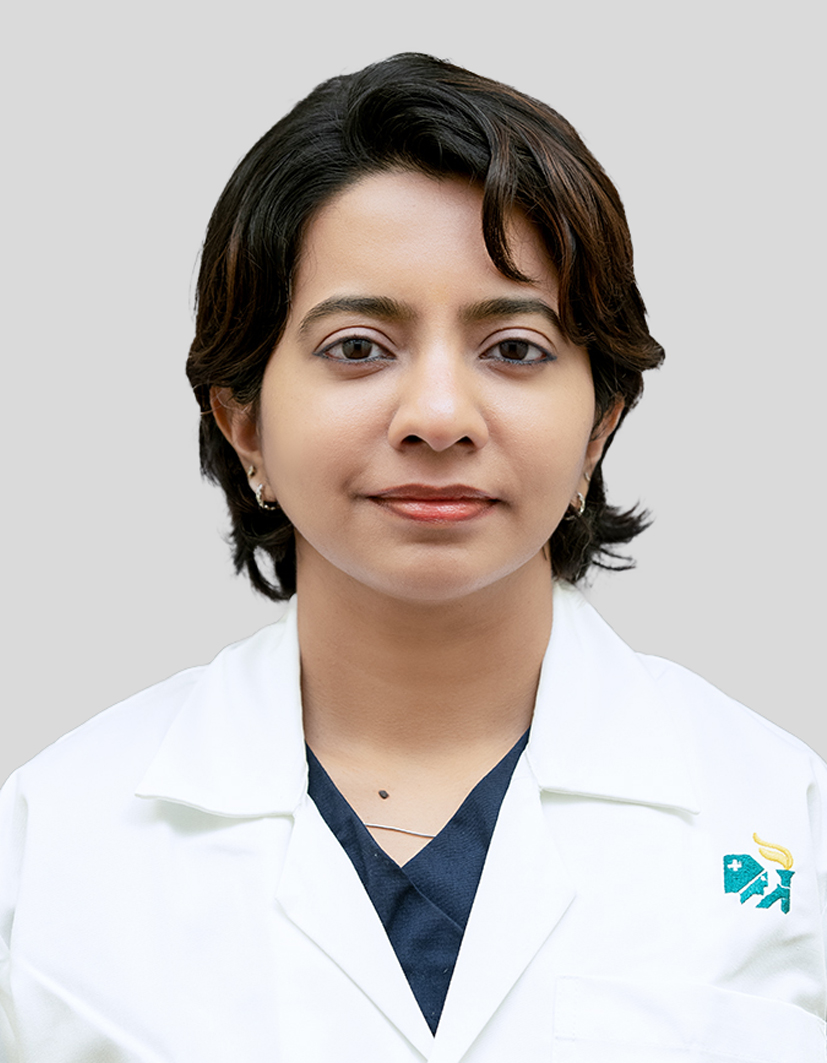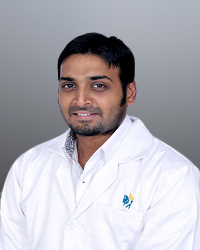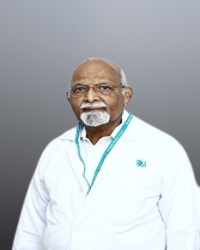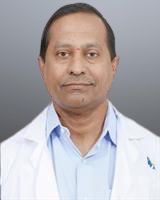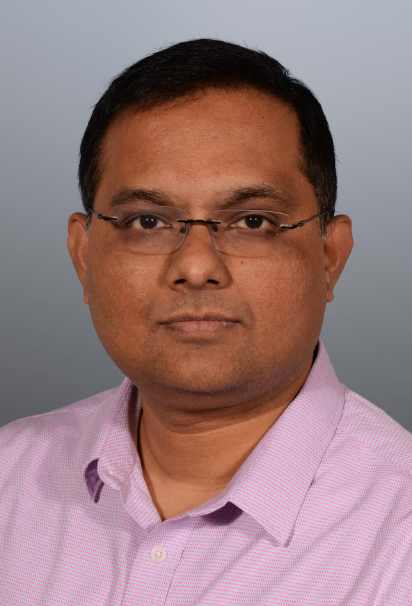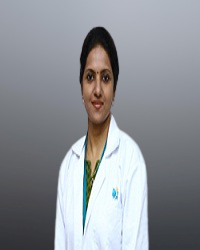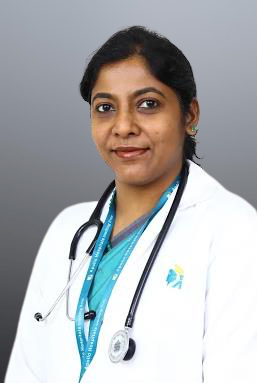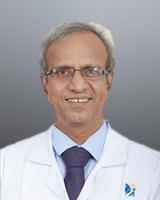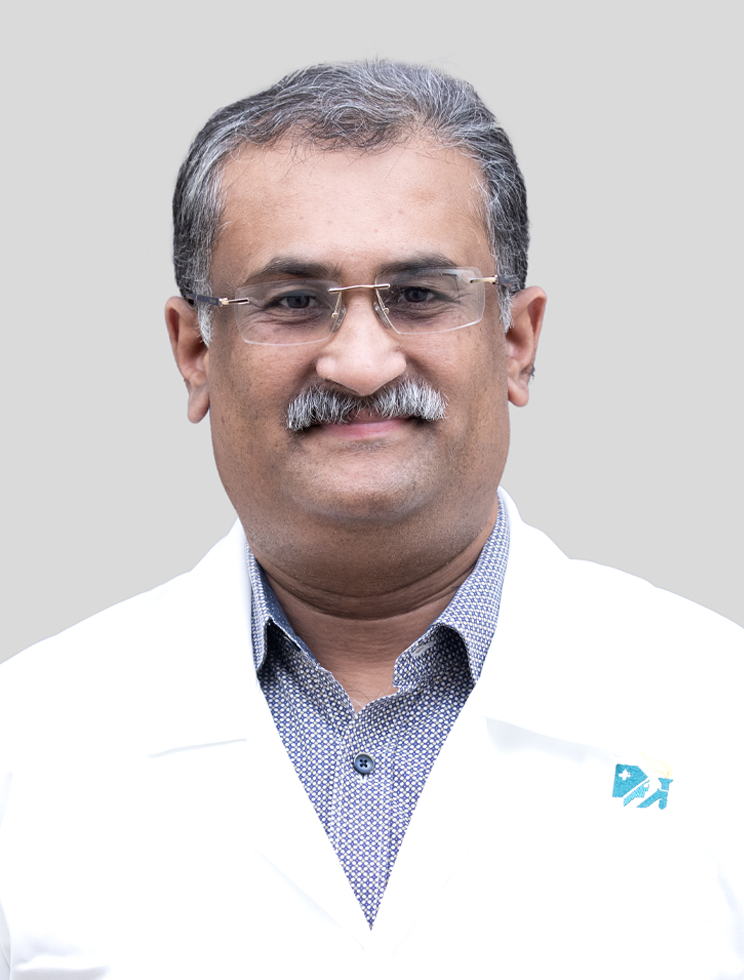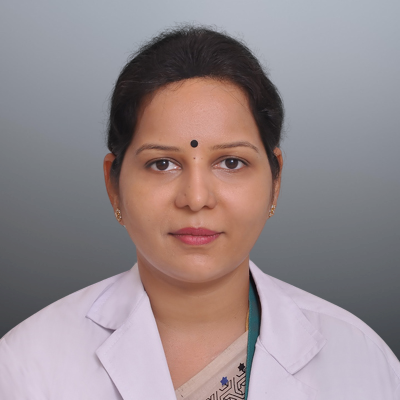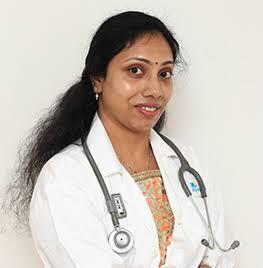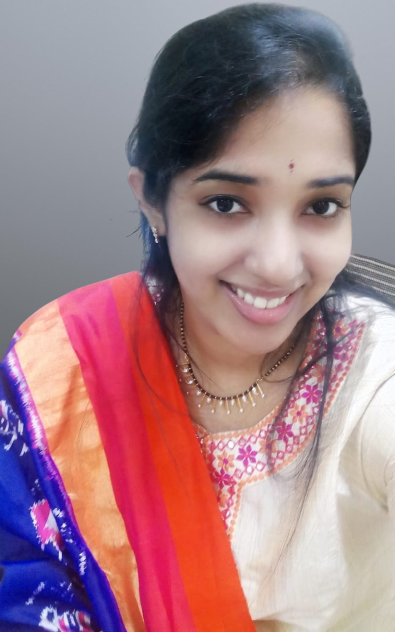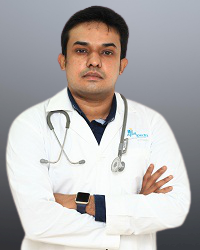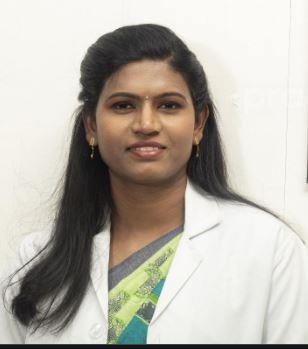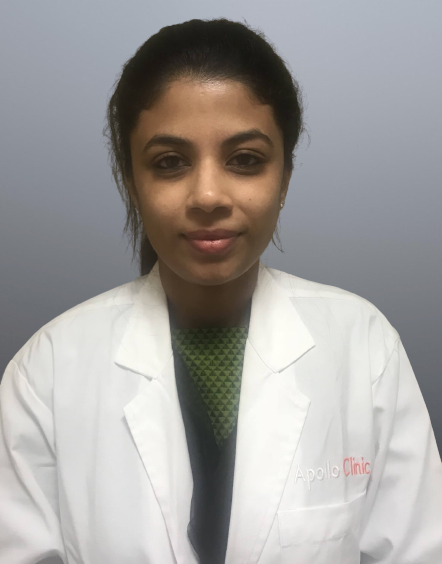Best Doctors for Psoriasis in Chennai
Psoriasis is a chronic, autoimmune skin disease that causes an accelerated buildup of skin cells. This rapid accumulation results in thick, inflamed patches of skin covered with silvery scales. The exact cause remains unknown, but it is understood that a combination of genetic and environmental elements contribute to triggering an abnormal immune response, leading to the disease. Anyone can develop psoriasis, but certain factors such as family history, stress, obesity, and smoking can increase susceptibility and severity of this condition.
In Chennai, psoriasis is not an uncommon condition. Apollo Hospitals in Chennai has experienced psoriasis specialists and doctors for psoriasis treatment to manage this chronic condition effectively. Apollo Hospitals offers a wide range of facilities to provide comprehensive care to their patients.



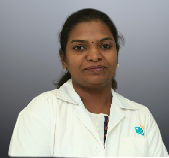


 Call Now
Call Now

